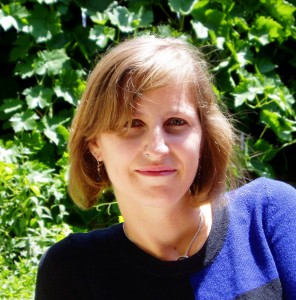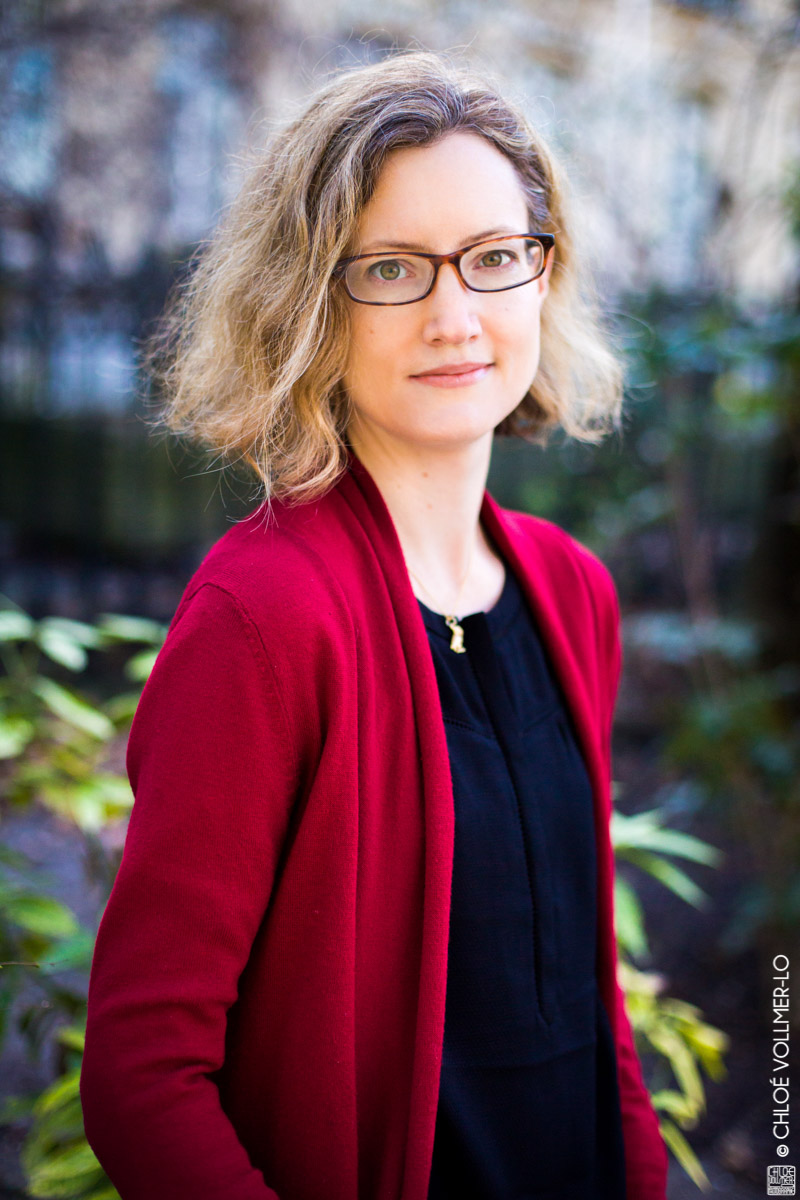Fabulous First Pages will take place virtually on Saturday, September 10, 2022 at 9 a.m. CDT. Kayla Cichello, agent at Upstart Crow, Quressa Robinson, agent at Folio Literary, and Esther Cajahuaringa, editor at Union Square Kids, will comment on the first 300 words of 10 manuscripts. These manuscripts will be randomly chosen from those who register for this event. Even if your work isn’t being critiqued, this is an excellent opportunity to hear what publishing professionals are looking for! Registration for this exciting SCBWI-WI event opens on July 1. More information will be sent out soon.
Our guest today on the blog is Kayla Cichello, an agent at Upstart Crow.

Kayla Cichello brings to Upstart Crow Literary nearly a decade of experience in children’s publishing. A former Conference Coordinator for the SCBWI Summer and Winter Conferences, she most recently logged several years as assistant to Senior Agent Jennifer Rofé at the Andrea Brown Literary Agency. She is open to picture books through YA and illustrators, and is searching for those voices that make her laugh and keep the page turning. Some of her clients include author Ana Otaru, author of the upcoming MASQUERADE FOR GRANDPA (Atheneum/S&S, 2023) and author/illustrator Kirbi Fagan, illustrator of SUMMER OF THE TREE ARMY (Sleeping Bear, 2021).
As Kayla says, “I’ve always been a voracious reader. From the time I could read, I would spend summers staying up late with a flashlight reading, making my way through each Nancy Drew mystery and the Little House on The Prairie series. I would often imagine myself as a new character in the stories; a kind friend to Laura or Nancy’s sassy sidekick (move over, George). For me, reading has never felt like an escape from reality, but rather an invitation to run alongside the author’s imagination, and strengthen my own.”
WHAT DO YOU LIKE TO SEE IN AN AUTHOR’S FIRST PAGES?
“The number one thing I look for in an author’s first pages is voice. I ask myself these questions: Do I connect to the voice of a character and the writing? Do I want to go on the journey with these characters? Is this something I want to read over and over again? Other elements can be adjusted, that’s the fun part of being an editorial agent. I love to collaborate with creators. If I’m not drawn to the voice, it’s not the right submission for me, and that’s okay. This industry is subjective and there may be another agent who does connect to that voice and style.”
Thank you so much, Kayla, for these great insights. We’re really looking forward to learning more from you in September.





 Stef Wade used to write about cardboard boxes, but thinks writing for children is far more exciting. She’s the author of A PLACE FOR PLUTO (2018) and LANCE COTTONWOOD IS AFRAID TO FALL (Capstone, 2020). She holds a BA in advertising from Marquette University and an MBA in Integrated Marketing Communication from DePaul University. She is a member of the Society of Children’s Book Writers and Illustrators (SCBWI). She currently resides in Wisconsin with her husband and three boys.
Stef Wade used to write about cardboard boxes, but thinks writing for children is far more exciting. She’s the author of A PLACE FOR PLUTO (2018) and LANCE COTTONWOOD IS AFRAID TO FALL (Capstone, 2020). She holds a BA in advertising from Marquette University and an MBA in Integrated Marketing Communication from DePaul University. She is a member of the Society of Children’s Book Writers and Illustrators (SCBWI). She currently resides in Wisconsin with her husband and three boys.
 Stef Wade used to write about cardboard boxes, but thinks writing for children is far more exciting. She’s the author of A PLACE FOR PLUTO (2018) and LANCE COTTONWOOD IS AFRAID TO FALL (Capstone, 2020). She holds a BA in advertising from Marquette University and an MBA in Integrated Marketing Communication from DePaul University. She is a member of the Society of Children’s Book Writers and Illustrators (SCBWI). She currently resides in Wisconsin with her husband and three boys.
Stef Wade used to write about cardboard boxes, but thinks writing for children is far more exciting. She’s the author of A PLACE FOR PLUTO (2018) and LANCE COTTONWOOD IS AFRAID TO FALL (Capstone, 2020). She holds a BA in advertising from Marquette University and an MBA in Integrated Marketing Communication from DePaul University. She is a member of the Society of Children’s Book Writers and Illustrators (SCBWI). She currently resides in Wisconsin with her husband and three boys.


 Jane Kelley is the new blog editor for SCBWI-WI. She is the author of many middle-grade novels, including The Desperate Adventures of Zeno and Alya, which was honored by the CCBC in 2014. Her most recent work is the chapter book series, The Escapades of Clint McCool. For more information, see
Jane Kelley is the new blog editor for SCBWI-WI. She is the author of many middle-grade novels, including The Desperate Adventures of Zeno and Alya, which was honored by the CCBC in 2014. Her most recent work is the chapter book series, The Escapades of Clint McCool. For more information, see